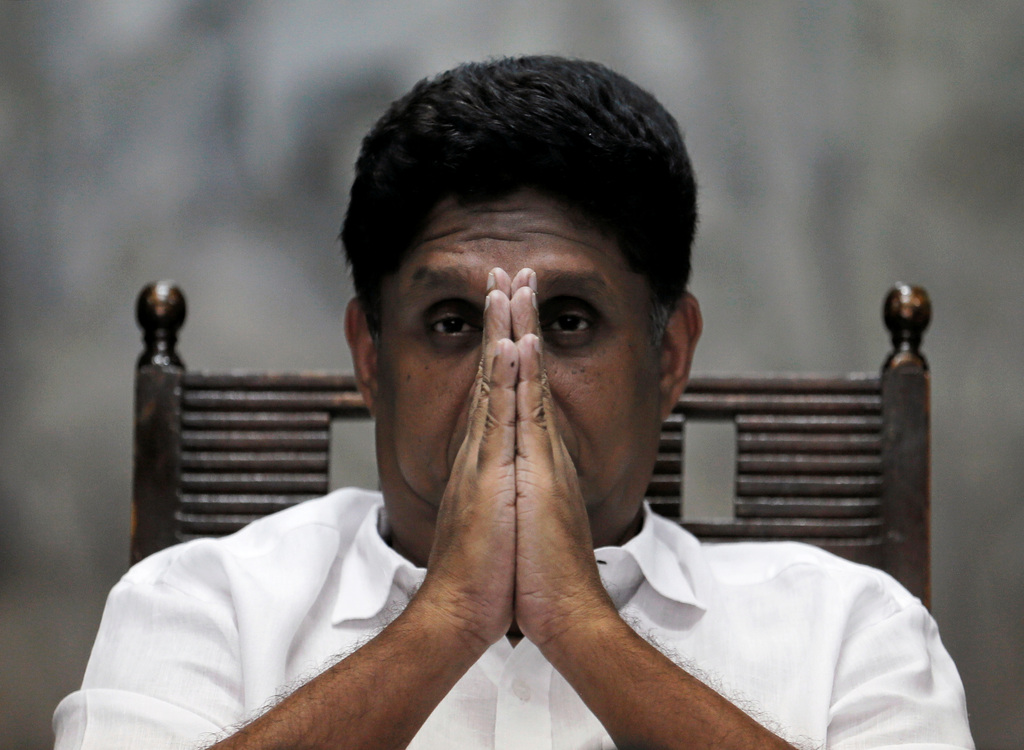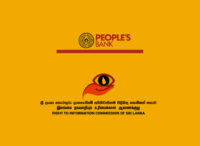A shocking display of political arrogance has left the Samagi Jana Balawegaya (SJB) in turmoil. Party insiders now openly question Sajith Premadasa’s fitness to lead what was once Sri Lanka’s most powerful opposition force.
What should have been a show of solidarity with the working class quickly unravelled into a public relations disaster when Premadasa abruptly abandoned the party’s May Day rally immediately after delivering his speech, triggering a mass exodus of bewildered estate workers who had travelled hours to attend the event.
“He didn’t even pretend to care,” whispered one attendee as hundreds of plantation workers followed their leader toward the exits.”
The fallout was immediate and devastating. Event organisers scrambled to retain the rapidly diminishing crowd. At the same time, scheduled speakers stared out at rows of empty chairs, a visual metaphor for the vacuum of leadership now plaguing the party.
The explanation offered by Premadasa’s staff only intensified the controversy: the opposition leader had abandoned Sri Lanka’s most important event to appear on a primetime television talk show on Derana TV.
“He traded substance for a spectacle,” fumed a senior SJB trade union representative. “While workers who form our party’s backbone stood in the hot sun for hours, he rushed off to sit in an air-conditioned studio. This is not leadership, it’s celebrity politics at its worst.”
The incident has provided the perfect opening for dissident factions within the party who have long questioned Premadasa’s judgment and priorities. Multiple sources confirm a shadow campaign is already in motion, with several party elders deliberately distancing themselves from SJB campaign events.
“Notice who’s missing from the campaign trail,” observed a political analyst. “The senior leadership’s absence speaks volumes. They’re positioning themselves as the ‘clean hands’ who can rescue the party after the electoral reckoning they anticipate.”
The strategy appears calculated: Allow Premadasa to face the approaching local government elections without their support, then use the expected poor performance to justify the leadership challenge.
“They’re waiting for him to fail,” confirmed a party insider who requested anonymity. “The May Day debacle just handed them perfect ammunition. How can he claim to represent working people when he literally turned his back on them?”
For political operatives monitoring these developments, the implications extend far beyond internal SJB politics. If Premadasa falters, the opposition landscape will fracture, potentially strengthening President Dissanayake’s position despite his administration’s growing authoritarian tendencies.
Caught between a ruling party that intimidates journalists and an opposition leader who abandons workers, Sri Lanka’s democratic institutions have faced significant challenges since the economic collapse.
As election day approaches, the tension within SJB headquarters is palpable. Senior members exchange knowing glances in corridors, quietly tallying potential votes for a post-election leadership contest. Meanwhile, Premadasa’s inner circle attempts to repair relationships with labourers whose trust was shattered when their champion chose television cameras over worker solidarity.
In a nation desperate for principled leadership, both major political forces now appear compromised by the very traits they once condemned in others, a development that leaves ordinary Sri Lankans wondering who, if anyone, truly represents their interests in the corridors of power.
All eyes remain fixed on the upcoming election results not just as a measure of party strength but as the potential trigger for a dramatic reconfiguration of Sri Lanka’s political landscape.











Leave a comment